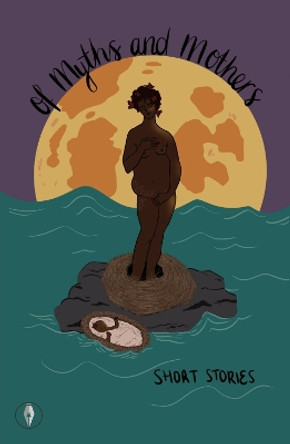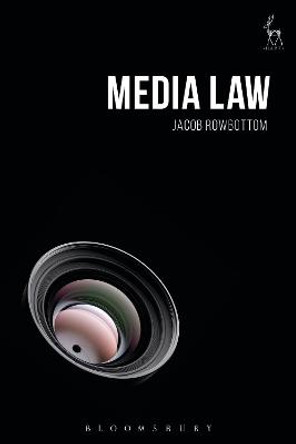Despite advances in feminism, the "law of the father" remains the dominant model of Western psychological and cultural analysis, and the law of the mother continues to exist as an underdeveloped and marginal concept. In her radical rereading of the Greek myth, Oresteia, Amber Jacobs hopes to rectify the occlusion of the mother and reinforce her role as an active agent in the laws that determine and reinforce our cultural organization. According to Greek myth, Metis, Athena's mother, was Zeus's first wife. Zeus swallowed Metis to prevent her from bearing children who would overthrow him. Nevertheless, Metis bore Zeus a child-Athena-who sprang forth fully formed from his head. In Aeschylus's Oresteia, Athena's motherless status functions as a crucial justification for absolving Orestes of the crime of matricide. In his defense of Orestes, Zeus argues that the father is more important than the mother, using Athena's "motherless" birth as an example. Conducting a close reading of critical works on Aeschylus's text, Jacobs reveals that psychoanalytic theorists have unwittingly reproduced the denial of Metis in their own critiques. This repression, which can be found in the work of Sigmund Freud and Melanie Klein as well as in the work of more contemporary theorists such as Andre Green and Luce Irigaray, has resulted in both an incomplete analysis of Oresteia and an inability to account for the fantasies and unconscious processes that fall outside the oedipal/patricidal paradigm. By bringing the story of Athena's mother, Metis, to the forefront, Jacobs challenges the primacy of the Oedipus myth in Western culture and psychoanalysis and introduces a bold new theory of matricide and maternal law. She finds that the Metis myth exists in cryptic forms within Aeschylus's text, uncovering what she terms the "latent content of the Oresteian myth," and argues that the occlusion of the law of the mother is proof of the patriarchal structures underlying our contemporary social and psychic realities. Jacobs's work not only provides new insight into the Oresteian trilogy but also advances a postpatriarchal model of the symbolic order that has strong ramifications for psychoanalysis, feminism, and theories of representation, as well as for clinical practice and epistemology.
Amber Jacobs's carefully delineated distinction between the descriptive and the theoretical is as important a contribution to feminist theory as her elaboration of the theoretical reading of matricide and its implications for psychosocial change. The theoretical versus descriptive reading of matricide that Jacobs offers is stunningly intelligent. Jacobs builds her arguments elegantly and with remarkable economy. Because of its exceptionally clarity, her book should be accessible to non-specialists as well as to sophisticated readers. -- Elizabeth Weed, director of the Pembroke Center, Brown UniversityAbout the AuthorAmber Jacobs is a feminist theorist and writer. She is lecturer in English and critical theory at Sussex University, United Kingdom. Her work is currently concerned with the question of postpatriarchal futures in the fields of philosophy, psychoanalysis, and social theory. She lives in London.
ReviewsThe importance of this work cannot be overstated. Bold and original, it has the potential to renew the engagement between feminism and psychoanalysis and bring it to a new level. -- Carol Gilligan, author of In a Different Voice: Psychological Theory and Women's Development and The Birth of Pleasure Opens up psychoanalysis to feminism and political radicalism by expanding its range of core myths. Times Higher Education Supplement A fascinating re-telling of classic myths -- Kent Page McGroarty Feminist Review blog A stimulating book. -- Nancy Sorkin Rabinowitz Tulsa Studies in Women's Literature
Book InformationISBN 9780231141543
Author Amber JacobsFormat Hardback
Page Count 240
Imprint Columbia University PressPublisher Columbia University Press








